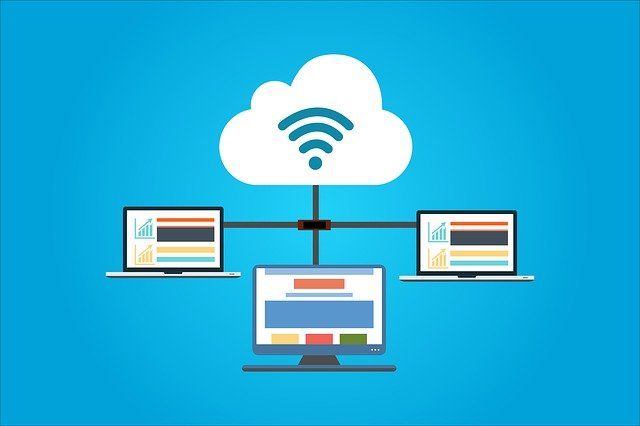10 Factors Businesses Must Consider Before Cloud Migration
Cloud technologies are getting wide adoption by businesses for good reasons. A popular process known as cloud migration could potentially save your business money and make your organization’s data more secure.
While traditional business applications are still used by many companies, the cloud offers an appealing alternative to the small business owner to leverage the power of cloud infrastructure without a full investment.
In this article, we look at some factors to consider before migrating your business to the cloud.
1. Running Costs
One of the advantages of moving to the cloud is the cost-efficiency. While a small business can cut down on hardware and staffing costs, some applications are costly to run on the cloud.
For example, legacy enterprise software may be costly to maintain and run when deployed to the cloud. Also, your business should consider other costs such as network and bandwidths especially for large data migration.
2. Business Goals
You must evaluate how the cloud will benefit your business before migrating. This involves having clearly defined business goals and doing a risk-benefit analysis that will help you understand the need to move to the cloud and how it can support your business goals.
3. Cloud Environment
When contemplating moving your apps and data to the cloud, you need to decide on the type of cloud environment that is best for your business.
There are four ways your organization can choose to move to the cloud, they include:
- Public cloud operated by third-party companies with access to shared or dedicated computing resources over the internet.
- Private Cloud for businesses that run their own cloud service in their own data center.
- Hybrid Cloud Model combines both public and private cloud environments.
- Multi-Clouds that involve the use of multiple public cloud provider’s infrastructure and applications for business needs.
4. Security
Security is a top issue when moving to the cloud. While transferring your data and apps, you must ensure adequate security is in place to prevent data leakage or snooping by unauthorized parties.
You also need to secure your data when it gets to the cloud.
5. Data to be Migrated
When deciding to move your business to the cloud, you need to choose apps and data that will best function in the cloud.
Your organization needs to analyze its current technologies to see which data and applications are worth migrating . Others may be left to run on the local systems until they are upgraded or replaced.
6. Industry Compliance
For certain industries such as health, choosing a cloud provider is only half of the issue. The migration must comply with industry regulations.
This could mean that you are only allowed to use cloud providers with certain features and cannot move users’ data out of specific regions.
7. Disaster Recovery Plan
Big tech changes come with risks. There could be migration failure, data corruption, and unavailability of cloud platforms.
What have your organization put in place to prevent or manage possible business disruptions?
8. Adequate Infrastructure
The infrastructure to handle business processes locally may be different from that required by the cloud.
Preparations and resources needed for cloud migration include apps compatibility test, employee training, and new operational policy.
9. Cloud Service Providers
As a small business owner, you are more likely to need the service of public cloud platforms.
Popular public cloud services include AWS, Azure, and Google Cloud. To choose a cloud provider, you should consider pricing, security, availability, support, compliance, reliability, and location.
Niche cloud providers may provide better services if your industry is under strict regulations.
10. Cloud Migration Strategy
It may seem straightforward to move data to the cloud. However, a successful migration requires that you study the process and create a plan suitable for your organization.
A migration plan will make transferring data and syncing on-premise and cloud resources easier. It will also help you manage or avoid potential issues that may arise in the process of migration.
Extra Tip! Service Level Agreement(SLA)
An SLA defines the scope of support, deliverables, and services to expect from a cloud service provider. It also documents how much help you can get if there is a glitch or breach in your cloud system.
Choose a cloud provider that provides a fitting SLA for your business.
Migrating to the cloud has its advantages but you have to consider the issues discussed above before deciding on the best approach. As a small business owner, you may not have the resources to appraise your business needs and create a cloud migration strategy. Contact us today if you are interested in cloud migration for your business.
The post 10 Factors Businesses Must Consider Before Cloud Migration appeared first on SDTEK | San Diego, CA.



